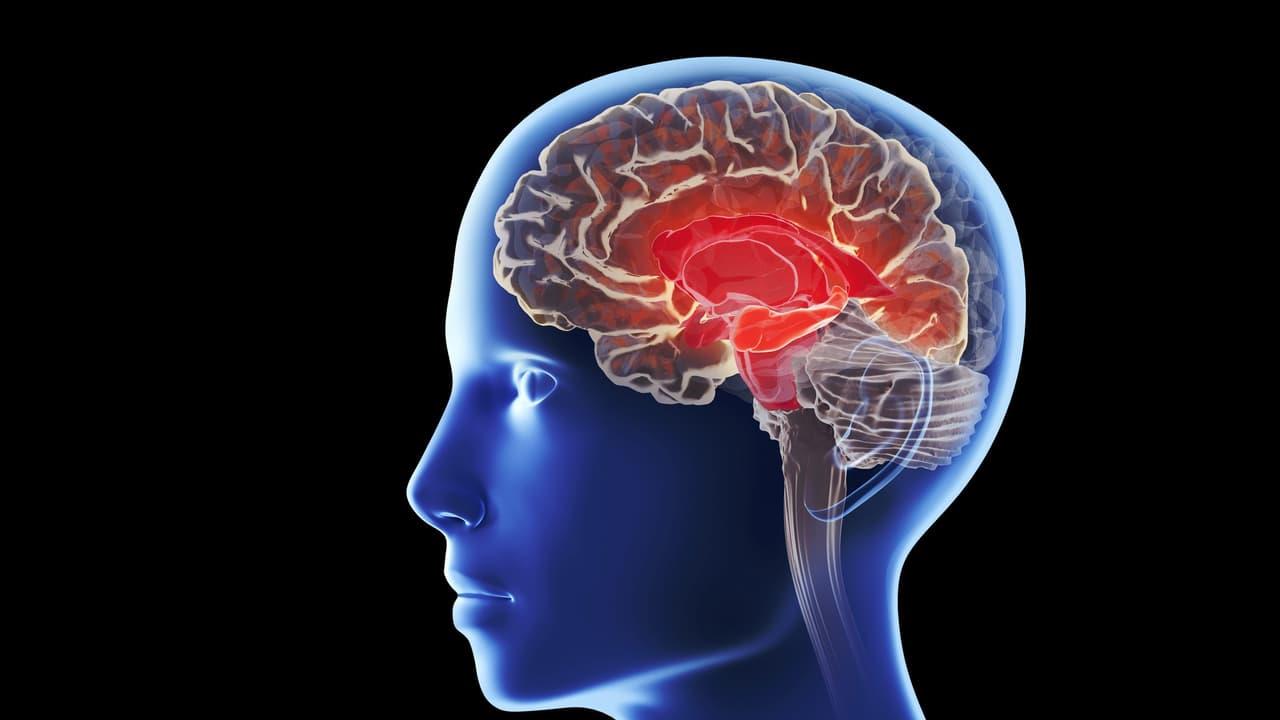
Scientists Find Hidden Brain Trigger That Fuels Dementia Progression
In a major leap for dementia research, scientists at Weill Cornell Medicine have identified a previously unknown source of brain damage - free radicals generated by mitochondria in astrocytes, the brain's support cells.
Published in Nature Metabolism, the study reveals that these toxic molecules spark inflammation and neuronal damage, key drivers of neurodegenerative diseases like Alzheimer's and frontotemporal dementia.
How the Brain's Energy System Turns Against Itself
Mitochondria, the tiny powerhouses inside cells, create energy but also release reactive oxygen species (ROS) - commonly known as free radicals. While normal levels are harmless, excessive ROS can cause serious cellular damage.
Previous antioxidant treatments failed because they couldn't target ROS at their source. But Weill Cornell researchers developed S3QELs - new compounds that block harmful ROS production specifically at the mitochondrial site without affecting healthy cell function.
Astrocytes: The Unexpected Culprit
Surprisingly, scientists found that the dangerous ROS were not coming from neurons, but from astrocytes. When exposed to dementia-related proteins like amyloid-beta, astrocyte mitochondria released a surge of ROS that triggered inflammation and altered thousands of brain genes.
Using S3QELs, researchers managed to suppress this oxidative burst, protecting neurons and reducing inflammation.
Animal Tests Show Remarkable Results
When tested on mice with frontotemporal dementia, the treatment reduced brain inflammation, slowed neurodegeneration, and even extended lifespan - all without major side effects. The results remained positive even when treatment started after symptoms had begun.
Dr. Anna Orr, who co-led the study, said the findings could“reshape how we think about free radicals and open up new directions for dementia treatment.”
The Future of Dementia Therapy
The team now plans to refine the S3QEL compounds and explore how genetic variations affect ROS production. This precision-targeted approach could lead to new therapies that halt dementia at its source, rather than just managing symptoms.
Legal Disclaimer:
MENAFN provides the
information “as is” without warranty of any kind. We do not accept
any responsibility or liability for the accuracy, content, images,
videos, licenses, completeness, legality, or reliability of the information
contained in this article. If you have any complaints or copyright
issues related to this article, kindly contact the provider above.

















Comments
No comment